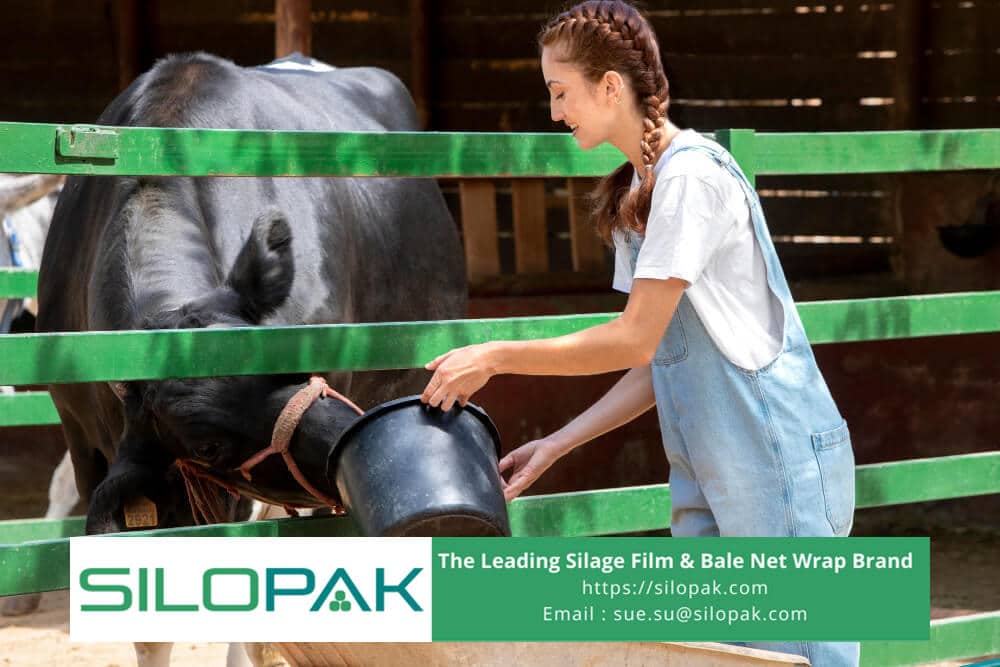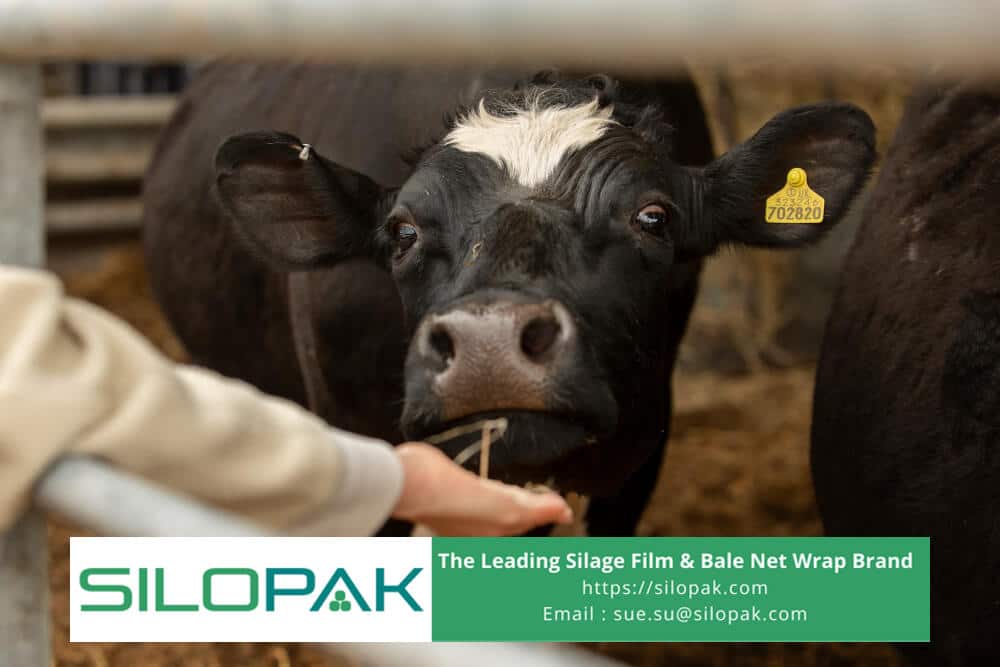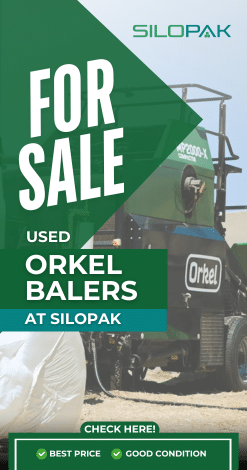
Cows are one of the most important livestock animals in the world. These herbivorous animals provide meat, milk, and other products that are vital for human life. To ensure health and productivity, cows need a balanced diet. Therefore, understanding ‘what do cows eat?’ is very important. Especially in maintaining the success of livestock and animal welfare. In this article, let’s explore various aspects of a cow’s diet. Includes key components in a cow’s diet, nutritional requirements, feed management, and effective feeding practices.
contents
What Do Cows Eat: Main Components in a Cow’s Diet
The main components in a cow’s diet include forage, hay, grain, by-products, mineral and vitamin supplements, and water. Forage, such as grass and legumes, is an important source of fiber for cows. The vitamin content contained in forage is influenced by many factors, such as soil, climate, cutting time, and storage.
In addition to forage, hay is also a major component in a cow’s diet and provides the crude fiber necessary for healthy digestion. Then grains, such as corn, soybeans, and wheat, provide an important source of energy for cows.
Meanwhile, by-products such as agricultural waste or leftover feed, can also be used in cows’ diets by paying attention to their nutritional value. Mineral and vitamin supplements are also needed to meet nutritional needs that may not be met through the main feed. For example, zinc is for cow health, as well as calcium and phosphorus for cow bone development.
In addition, water is also a key component in a cow’s diet which must always be available to maintain optimal hydration.
What Do Cows Eat: Understanding the Nutritional Needs of Cows
Understanding nutritional needs is very important for the growth and development of cows. Both the development of the body and the reproductive organs. On the one hand, the need for protein in cow feed does not require high-quality protein.
Because, in the rumen and intestines there is a lot of decomposition activity by the microorganisms contained therein. However, to rebuild proteins that have been broken down, proteins with complete amino acid content are needed.
Several sources of protein that can be used to support the growth and development of cows include forage, grass, and concentrates which have a protein content of 15-16%. This feed is needed by cows for basic living needs and milk production. If the quantity and quality of feed given is insufficient, the milk yield will not be optimal.
Feeding dairy cows during the production period is a complete feed with a protein content of 15%, tofu dregs, and grass. This feed can meet the nutritional needs needed in the growth and fattening process of beef cattle.
Then, factors such as the cow’s age, reproductive condition, and activity level also influence their nutritional needs. Young cattle require a diet richer in protein to support optimal growth. Meanwhile, adult cows need a diet that is more balanced between fiber, protein, and energy.
Reproductive conditions, such as pregnancy or lactation, also influence the cow’s nutritional needs. Therefore, planning a cow’s diet based on individual nutritional needs is key to ensuring optimal health and productivity.
What Do Cows Eat: Feed Management for Cows

Feed management is an important aspect of effective cattle care. Selecting special feed, such as feed specifically formulated for cows in the reproductive period, can help meet specific nutritional needs.
Then, effective feeding practices are critical in ensuring that cows get the nutrition they need. Scheduled and measured feeding, as well as easy access to clean water, are also key factors for maintaining cow health and optimizing their productivity.
More than that, feed management includes proper feed storage to maintain nutritional quality. No less important, namely choosing special feed that suits the cow’s needs, and using quality products to protect forage.
As a recommendation, using Silopak technology can help. Especially in protecting feed from damage due to extreme weather conditions and maintaining its nutritional quality. We are a leading manufacturer of high-tech products related to the agricultural industry. Our products that have been released and are recognized for their reliability include silage film, bale net wrap, and round bale film.
By understanding what do cows eat and implementing appropriate feed management practices, farmers can ensure that their cows receive the appropriate nutrition to support optimal health and productivity. Thus, a deep understanding of cow diet is a key aspect of the success of sustainable cattle farming.

